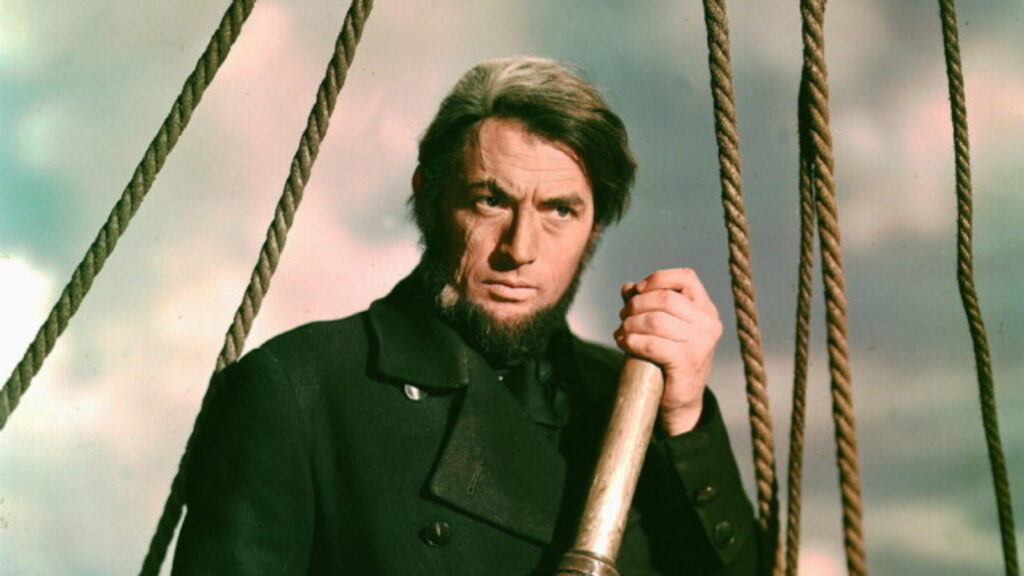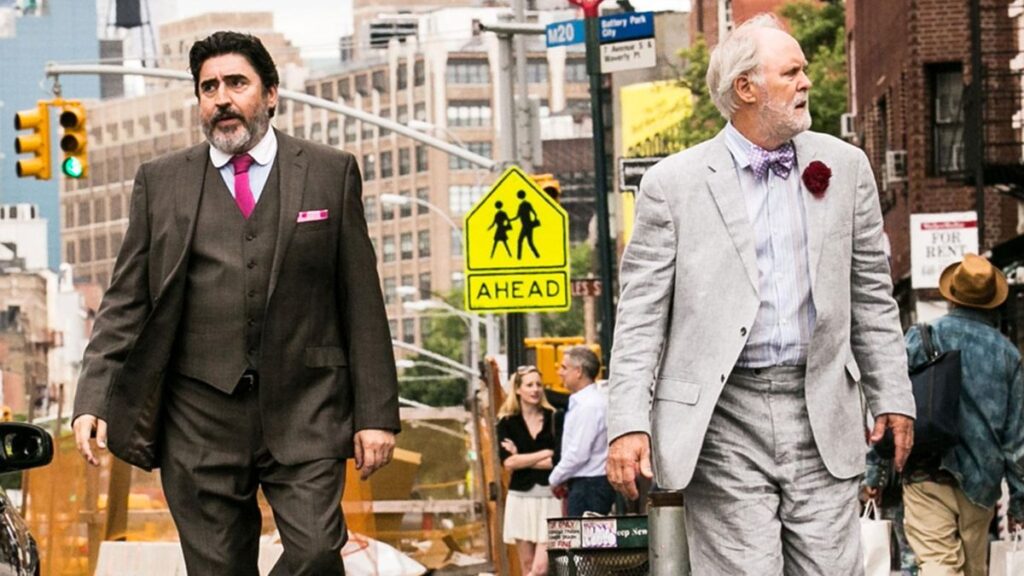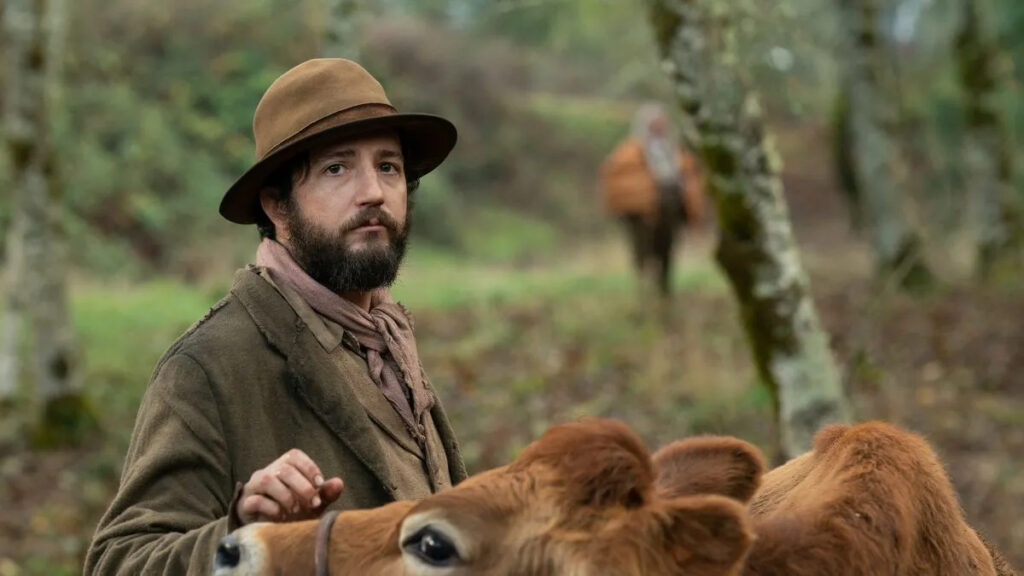
Before Tom McCarthy would deliver an Oscar triumph with Spotlight (and a bomb with The Cobbler), his critically beloved films centering on everyday people culminated in Win Win. The film starred Paul Giamatti as a lawyer and wrestling coach who takes in the grandson of an elderly client, one who he has taken guardianship of solely to alleviate his family’s precarious financial situation. With a stellar ensemble including Amy Ryan and Melanie Lynskey, the film premiered at Sundance to strong reviews and earned screenplay mentions throughout the season ahead. But with distributor Fox Searchlight handling several bigger films, Win Win did not become McCarthy’s first Oscar nominee.
This episode, we look back at Giamatti’s notorious Oscar snub for Sideways and ahead to his chances this year with Alexander Payne reunion The Holdovers. We also discuss Ryan’s passionate and lovable performance, Spotlight‘s position in its Best Picture lineup, and Win Win‘s fellow nominees for Best Movie for Grownups.
Topics also include Melinda Doolittle on American Idol, Nina Arianda’s film roles, and McCarthy’s canned Game of Thrones pilot.
And remember to join us on This Had Oscar Buzz: Turbulent Brilliance over at patreon.com/thishadoscarbuzz!!
Follow Us on Twitter!
@Had_Oscar_Buzz
Joe: @joereid
Chris: @chrisvfeil
Podcast: Play in new window | Download
Subscribe: Google Podcasts | RSS









